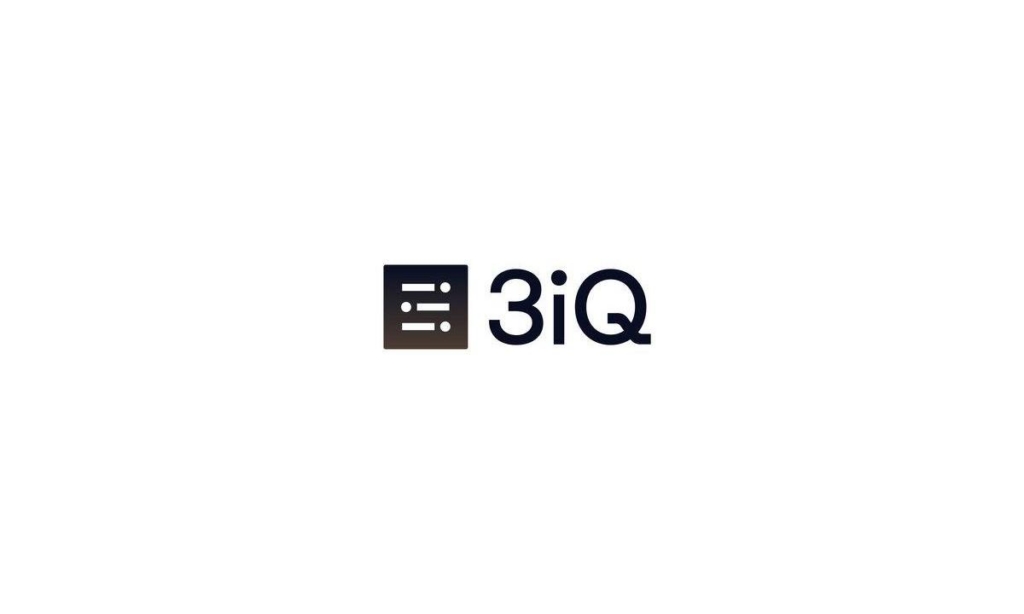Vitalik Buterin, one of the co-founders of Ethereum, has expressed worries about bribery occurring in Decentralized Autonomous Organizations (DAOs).
He emphasizes the necessity of implementing strong procedures to prevent such problems effectively.
A team from Cornell University is investigating possible vulnerabilities in “dark” voting techniques used in DAOs. The authors introduce a novel measurement termed Voting-Bloc Entropy, which quantifies the level of decentralization in voting on DAO proposals.
The use of a “proof of complete knowledge” strategy is becoming increasingly important in addressing these difficulties. Participants must exhibit thorough comprehension and active involvement in order to cast ballots using this method and minimize the potential for bribery and manipulation.
This methodology facilitates establishing a more open and protected decision-making procedure within DAOs, enhancing the system’s reliability, and promoting confidence among those involved.
Buterin presented multiple strategies to address this problem, with a particular emphasis on promoting transparency and incorporating cryptographic techniques to improve accountability.
One of his main suggestions is to incorporate cryptographic promises and zero-knowledge proofs into DAO frameworks, which could reduce the likelihood of bribery. In addition, he proposes the establishment of “voting pools” where individuals can entrust their ballots to reliable parties, thus diminishing the impact of bribers.



